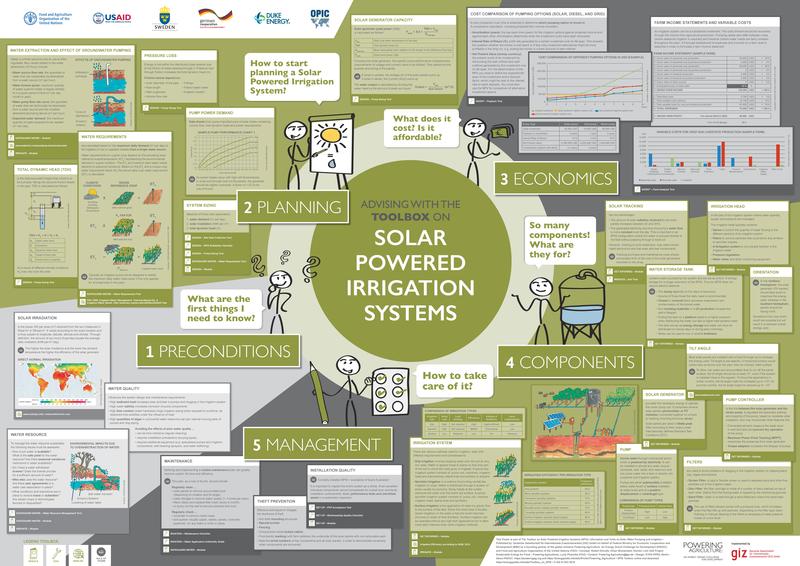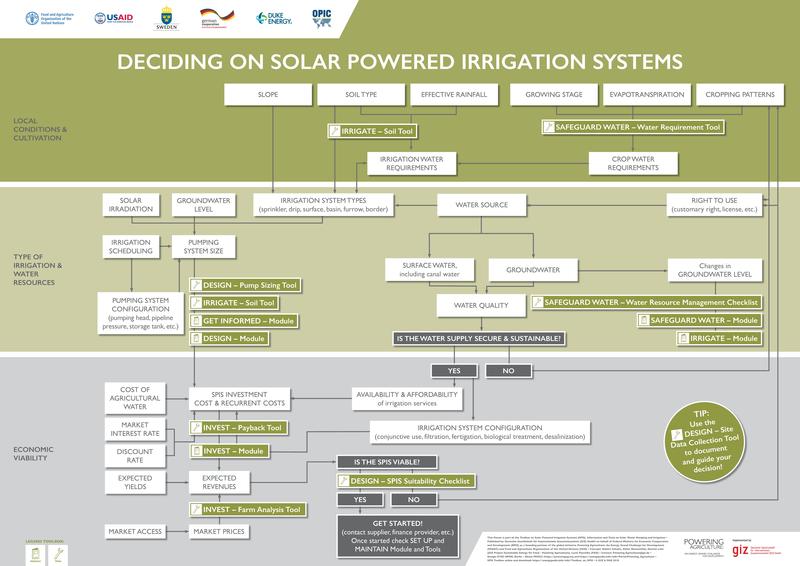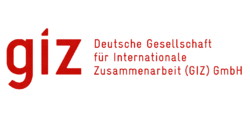Difference between revisions of "Toolbox on SPIS"
***** (***** | *****) m |
***** (***** | *****) Tag: 2017 source edit |
||
| (38 intermediate revisions by 5 users not shown) | |||
| Line 1: | Line 1: | ||
| − | + | <div class="grid"> <!-- Start grid --> | |
| − | + | <div class="width-1-1"> <!-- Content Column --> | |
| − | + | <div class="grid stretch-items"> <!-- Row1--> | |
| − | < | + | <div class="width-1-3"> |
| − | <div | + | {{Arabic Version|Toolbox on SPIS/ar}} |
| + | </div> | ||
| + | <div class="width-1-3"> | ||
| + | {{French Version|Toolbox on SPIS/fr}} | ||
| + | </div> | ||
| + | <div class="width-1-3"> | ||
| + | {{Spanish Version|Toolbox on SPIS/es}} | ||
| + | </div> | ||
| + | </div> <!-- End Row1 --> | ||
| − | + | {{SPIS Banner}} <!-- This banner contains Row 3 --> | |
| − | + | <div class="grid stretch-items"> <!-- Row 4 --> | |
| − | + | <div class="width-1-1"> | |
| − | + | <center>{{#widget:YouTube|id=x-nTUgkiv7o|width=800|height=450}}</center> | |
| − | |||
| − | |||
| − | |||
| − | |||
| − | |||
| − | |||
| − | |||
</div> | </div> | ||
| − | + | </div> <!-- End Row 4 --> | |
| − | |||
| − | |||
| − | |||
| − | |||
| − | |||
| − | |||
| − | |||
| − | |||
| − | |||
| − | |||
| − | |||
| − | |||
| − | |||
| − | + | <div class="grid stretch-items"> <!-- Row 5 --> | |
| + | {{SPIS Background}} | ||
| + | </div> <!-- End Row 5 --> | ||
| − | + | </div> <!-- End Content column --> | |
| − | + | </div> <!-- End .grid --> | |
| − | |||
| − | |||
| − | < | ||
| − | |||
| − | |||
| − | |||
| − | |||
| − | |||
| − | |||
| − | |||
| − | |||
| − | |||
| − | |||
| − | |||
| − | |||
| − | |||
| − | |||
| − | |||
| − | |||
| − | |||
| − | |||
| − | {{ | + | {{SPIS_Magic_Words}} |
{{#Widget:Heatmap}} | {{#Widget:Heatmap}} | ||
| − | [[Category: | + | [[Category:CSS VI]] |
Latest revision as of 18:29, 13 September 2021

Introduction
Do want to know all about SPIS – Solar Powered Irrigation System : Please go to the newly launched standalone Solar Powered Irrigation Systems (SPIS) website (www.spis-toolbox.org) , featuring three SPIS toolbox:
- Toolbox for beginners,
- Toolbox for farmers (new SPIS Web based App – to calculate design of the pumps),
- the Toolbox for experts - the updated version - Version 6
and additional resources (Publication about SPIS).
The Toolbox on Solar Powered Irrigation Systems (SPIS) is designed to enable advisors, service providers and practitioners in the field of solar irrigation to provide broad hands-on guidance to end-users, policy-makers and financiers. Risks related to system efficiency, financial viability and the unsustainable use of water resources can thus be minimized. The Toolbox comprises informative modules supplemented with user-friendly software tools (calculations sheets, checklists, guidelines). read more
Modules and tools touch upon:
- assessing the water requirements,
- comparing the financial viability,
- determining farm profitability and payback of investment in SPIS,
- sustainably design and maintain a SPIS,
- highlight critical workmanship quality aspects,
- and many more.

Background
Most water pumps utilized for irrigation purposes worldwide are powered by engines run on fossil fuels (diesel, petrol, gas) or on electricity supplied from the grid. However, fossil energy sources are limited and emissions from their utilization have negative climate impacts. At the same time, the electricity supply in many developing countries is often insufficient, unreliable or wholly absent in rural areas. As prices for solar panels have reduced, solar pumps for irrigation have become an economical, technical and environmentally viable alternative. read more
Objective
Major hindrance for the uptake of the technology is still a lack of information on solar pumps for irrigation and its relatively high investment costs. The knowledge on the potential, limitations and risks of Solar Powered Irrigation Systems (SPIS) is incomplete among extension officers, suppliers, policy makers, financing institutions and other stakeholders. As a result, farmers as a major end-user group struggle to get sound information in order to make informed decisions and maintain a SPIS well. Often SPIS are designed in a way that farmers needs and site specific conditions (environmental, agronomic and technical aspects) are not comprehensively addressed. Consequently, the potential of the technology is not optimized, or worse, has negative ecological and economic impacts. The Toolbox addresses this issue by providing a holistic set of practical knowledge materials through which SPIS advisors can guide their clients towards a financially and environmentally sound choice.
Target Group
The Toolbox serves all stakeholders who advise SPIS end-users, finance investments in SPIS or conceptualize policies for SPIS:
- agricultural (irrigation) extension officers
- technology suppliers
- credit officers / risk managers in financing institutions
- policy advisors
Contents of the Toolbox
Click on box to get more information about each module or tools.























